DD or not DD, that is the question for Hamlet in the Lodge, Malcolm Turnbull.
Six months in, the Turnbull adventure isn’t quite going to plan. To even his own surprise, Bill Shorten and Labor have stolen a march over Mr Turnbull on policy. Labor’s ideas on negative gearing may attack the value of the biggest asset most Australians own, their family home, but unlike the Government, they are leading and not following a policy debate – and getting credit in the polls for it.
As for the Government’s legislative agenda, it’s only interested in passing one bill before this year’s election: changes to the Senate voting system cleaning out pesky independents and micro-parties, and ending scandalous ‘preference whispering’. And it wants one other bill to fail: the Australian Building and Construction Commission Bill, to ensure a double dissolution trigger sexy enough to campaign on for the first two days of a DD election campaign when the trigger actually matters.
Mr Turnbull insists all polling date options are ‘on the table’, but Tiggerish Leader of the House, Christopher Pyne, appears gung-ho for a July DD election. Passing Senate voting reform with Greens support has poisoned relations with suddenly endangered crossbench senators. Perhaps Mr Pyne believes a July election is just what the Turnbull government needs to break out of the political episode of Seinfeld it has created for itself. With no real work to do, Parliament is now a show about nothing.
But Mr Turnbull and young Christopher should hold their horses. A double dissolution would be worse than the disease. Yes, a DD would mean shrieking Jacqui Lambie and towering intellectual giant, Glenn Lazarus, would be swept out, but so would more sensible souls like David Leyonhjelm and Bob Day. Beyond that, however, all 72 senators would be up for election. The vote percentage quota for electing a senator in a state would fall from 16.7 per cent to 8.4 per cent. Even if proposed voting changes are operating, with favourable preference flows a halved quota makes the task of electing oddball senators – including more Greens – a hell of a lot easier: a victorious Coalition may well find, post-DD, it merely exchanged one Star Wars cantina of weirdos for another.
Mr Turnbull being underdone on policy doesn’t favour a July DD election either. To meet constitutional requirements, a 2 July election would need calling by 11 May – just one day after the Budget – meaning a campaign of nearly two months.
The Prime Minister should heed the unpleasant experience of Bob Hawke, who in 1984 called a ten-week campaign thinking he’d walk over Andrew Peacock, only to run out of things to say and be out-campaigned. Instead of consolidating its grip, Labor went seriously backwards, and Mr Hawke’s leadership was permanently damaged.
Senate voting reforms are much needed, and can wash through over this and the next election. But a double dissolution isn’t. Mr Turnbull should order Mr Pyne to take a Bex and lie down, and focus on policy hard yakka before going to the polls around September. A long, Seinfeldian, winter campaign about nothing? No thanks.
It was 20 years ago today…
March is a very happy anniversary for avid Speccie reader John Howard – and for Australia. It marks 20 years since Mr Howard was first elected PM, and the start of almost a dozen years of steady, grown-up Coalition government.
Mr Howard was a highly successful prime minister because he had an uncanny understanding of the electorate, was entirely at home thinking about policy – whether economic, domestic or foreign, and he was not afraid to stand up and fight for good policy despite political risks. He put himself on the line over gun control, bringing in the GST and standing shoulder to shoulder with the United States in Iraq and Afghanistan. He and Peter Costello showed their successors that extensive budget repair, using political common sense, can be done well and reap political rewards.
In an anniversary interview, a comfortable and relaxed Mr Howard offered four tips on being a good PM: never miss a meal; make time to think; clear the desk; and keep the colleagues happy. Not one of his successors, including Mr Turnbull, followed this excellent advice, especially on the last point, and unsurprisingly none of them holds a candle to our greatest PM since Sir Robert Menzies.
Instead of weeping over lullabies, Mr Turnbull would do well to take a leaf or two out of Mr Howard’s book.
Got something to add? Join the discussion and comment below.
Get 10 issues for just $10
Subscribe to The Spectator Australia today for the next 10 magazine issues, plus full online access, for just $10.
You might disagree with half of it, but you’ll enjoy reading all of it. Try your first month for free, then just $2 a week for the remainder of your first year.


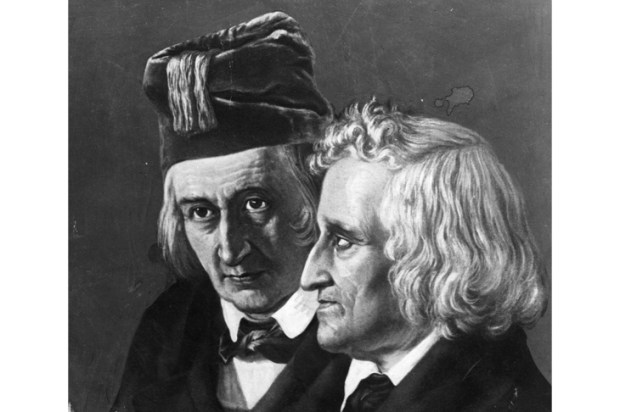
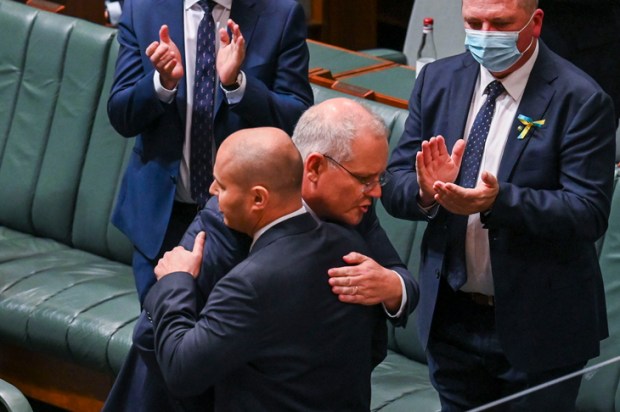
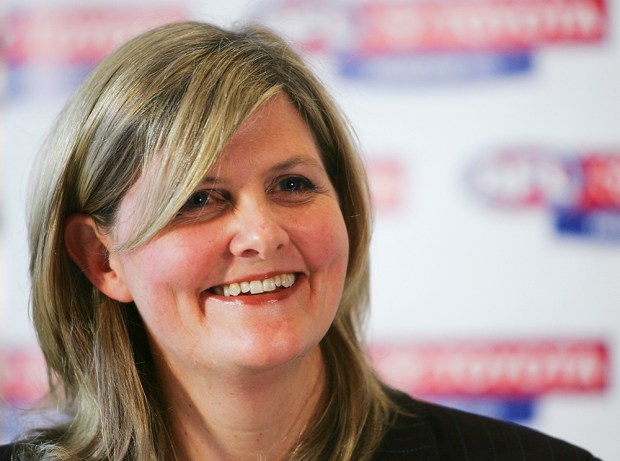
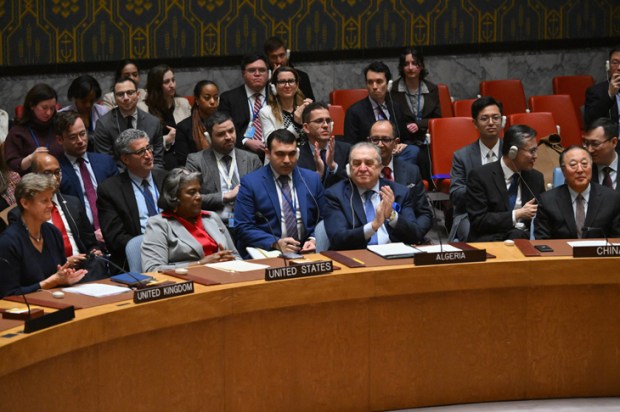
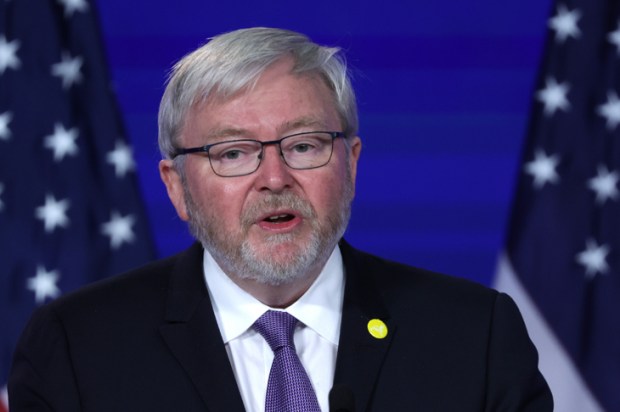
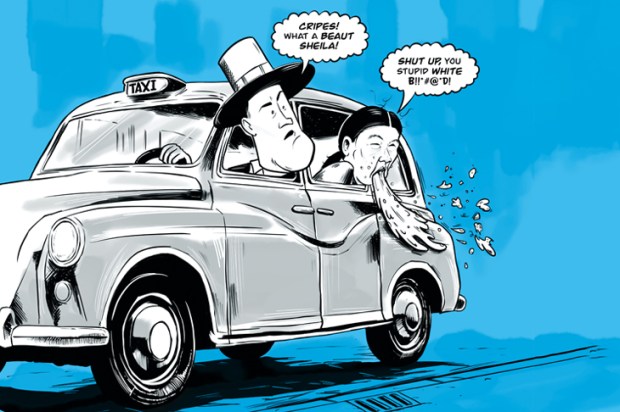






Comments
Don't miss out
Join the conversation with other Spectator Australia readers. Subscribe to leave a comment.
SUBSCRIBEAlready a subscriber? Log in